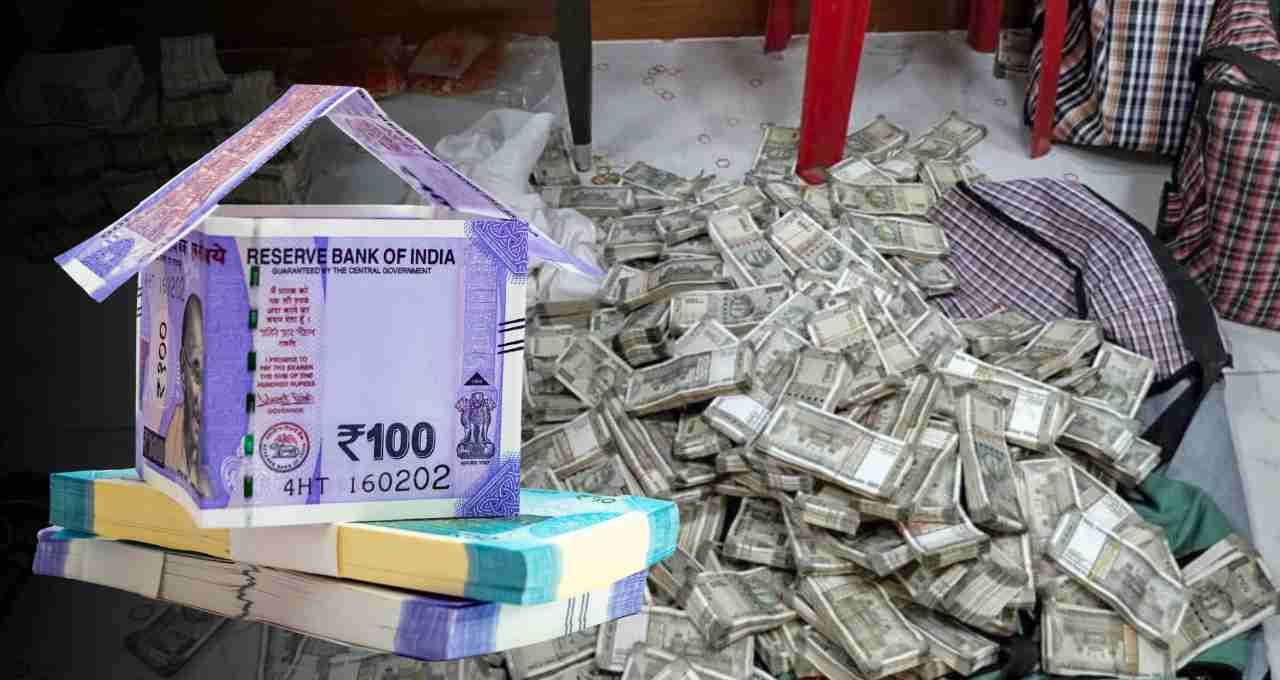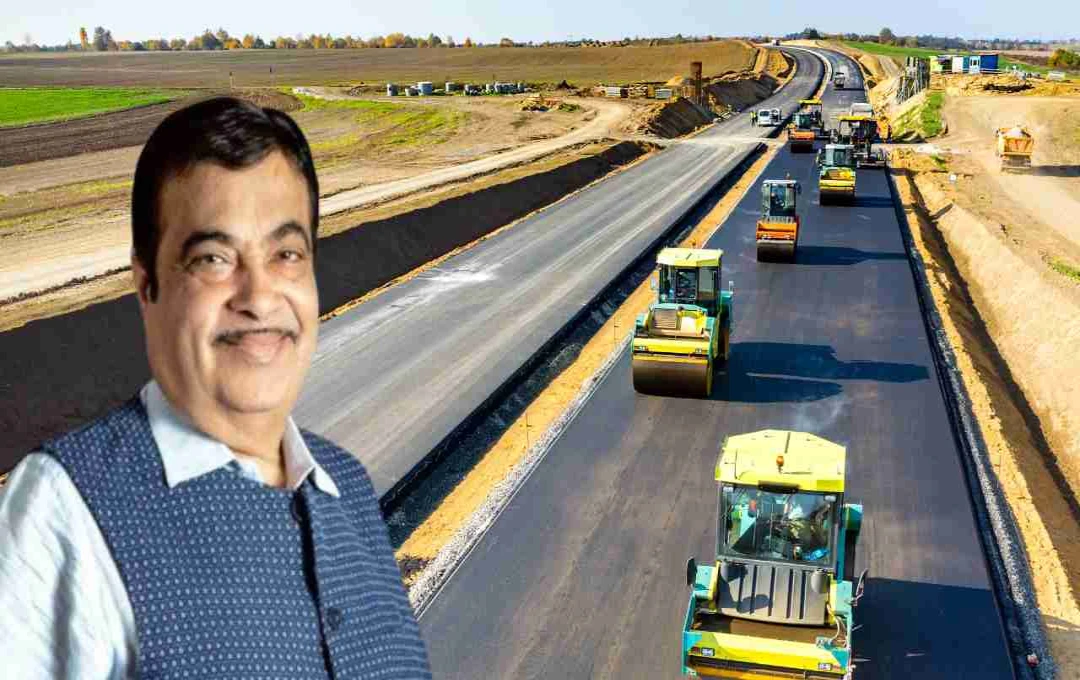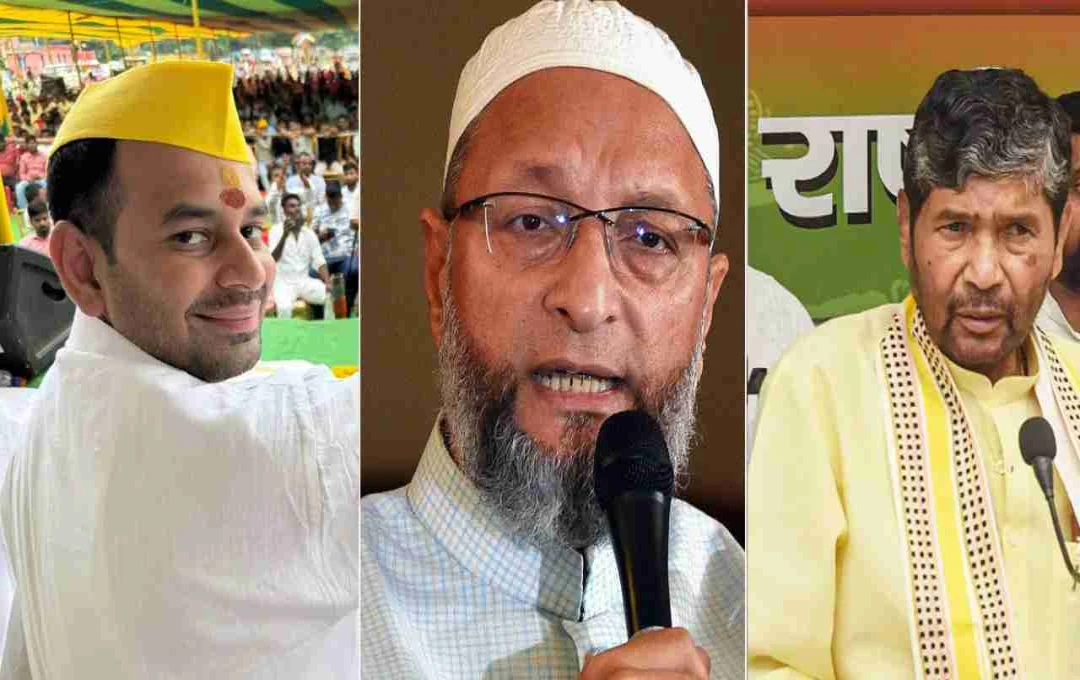The Income Tax Department has formed two committees to review the Black Money Act (BMA) of 2015. These committees will study issues related to the stringent provisions of the law, questions regarding old records, and tax recovery. Experts suggest that a new disclosure scheme could provide relief to taxpayers and help the government increase revenue.
Black money act review: The Income Tax Department has formed two committees to review the provisions of the Black Money Act, 2015. The first committee will focus on conflicts between the Income Tax Law and BMA, questioning old records, and data management, while the second committee will work on improving the quality of tax investigations. Experts believe that a new disclosure scheme will offer relief to taxpayers and an opportunity for the government to increase revenue.
Tax Review and Preparation for a New Scheme
The new committee will study instances of conflict between the Income Tax Law and the Black Money Act. Additionally, it will focus on methods of taxation, legal challenges, and the complexities of handling data received from abroad. The committee will also examine various tax-related scenarios and their legal implications. This committee is being led by Amal Pushp, Principal Chief Income Tax Commissioner for Uttar Pradesh (East).
The government's second committee, led by Chief Commissioner Jairam Raipura, will work on improving the quality of tax investigations. Furthermore, the government is also preparing to introduce new disclosure schemes to enhance tax recovery.
Objective and Stringency of BMA
The Black Money Act, introduced in 2015, was a stringent measure against corruption. Its primary objective was to curb black money hidden in Swiss and foreign banks, tax havens, trusts, and companies whose true owners remained unknown.
The most stringent provision of the BMA is that it empowers the Income Tax Department to question undeclared foreign properties that are decades old. If such an asset is now discovered, it will be deemed income for the year in which the department became aware of it. While normal income tax laws have a 3-5 year limit for investigating tax evasion, there is no such limit under the BMA.
Heavy Penalties and Legal Action

Under the BMA, undeclared assets can attract a 30% tax and a 90% penalty, totaling a 120% liability. In contrast, general income tax law imposes a maximum liability of up to 90%. Furthermore, if details of foreign assets are not provided, a case can be filed. Once a tax liability is established under the BMA, it is considered an offense under the Prevention of Money Laundering Act (PMLA), and the Enforcement Directorate can take action.
Review of Asset Rules and New Declaration Scheme
Legal expert Ashish Mehta states that some stringent provisions of the BMA, especially those allowing questions on old assets, should be reviewed. According to him, taxpayers face difficulties due to the lack of old records. Chartered Accountant Rajesh P. Shah suggests that the government should provide relief to those who legitimately acquired foreign assets but failed to declare them after becoming tax residents in India.
Some experts believe that the government should introduce a new declaration scheme similar to the one in 2015. This would allow people to declare their undeclared assets, generate revenue for the government, and provide relief to taxpayers from pending cases. According to Mehta, many individuals could not participate in the 2015 scheme, and a new scheme would benefit both the government and taxpayers.














